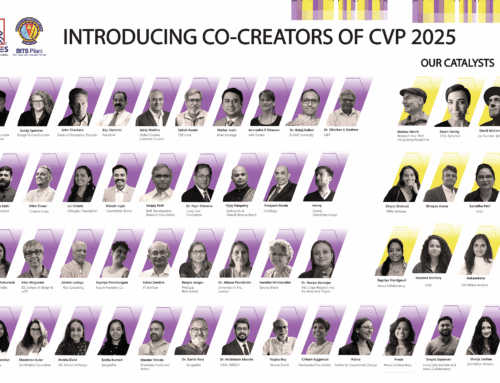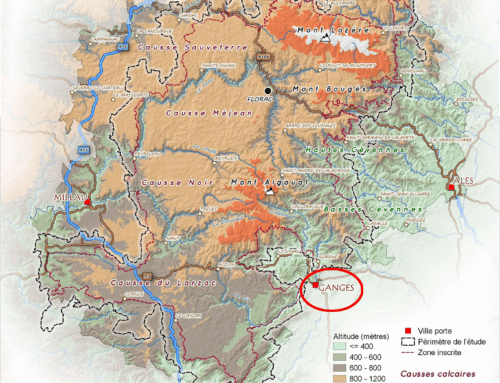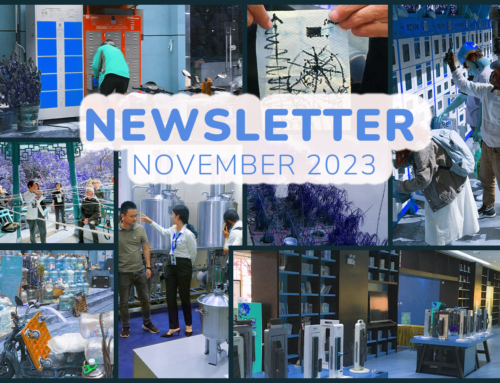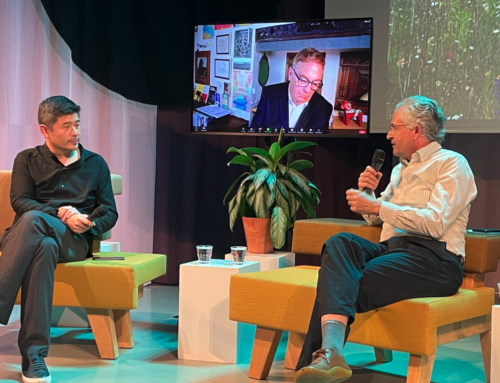Trillions of embedded systems are being unleashed into the world. What are the implications of a world filled with all these sensors and actuators? Some of the world’s most insightful designers, thinkers and entrepreneurs addressed these questions at Doors of Perception 7 in Amsterdam in November 2002. The theme was Flow.
This new wave of pervasive computing technology confronts us with a design dilemma. We are filling our world with complex technical systems – on top of the natural systems that were already here, and social/cultural ones that evolved over thousands of years – without thinking much, if at all, about the consequences. We organised Doors 7: to think about the design consequences now – not later.
Our speakers included design specialists like Ezio Manzini (service design), Marco Susani (who develops advanced concepts at Motorola), and Janine Benyus, author of “Biomimicry: innovations inspired by nature”. They looked at the transition from designing things, to designing systems and services – from a variety of perspectives.
Writers, such as Bruce Sterling, and philosophers, such as the rising star of European letters, Patricia de Maertelare, spoke alongside pioneers from the world of Open Source software who study how software designers work – such as Franziska Nori, and Felix Stalder. We had Ton van Asseldonk, who advises global companies about service design, and an interaction designer who specialises in marine navigation systems, Peter Boegh Andersen. A leading expert on scientific visualisation, Felice Frankel from MIT, spoke in the same session as prize-winning scientist, Natalie Jeremijenko, and leading next-generation architects: Ben van Berkel, and Stefano Boeri. Other seakers included the author of a cult book, “Fire and memory: on architecture and energy”, Luis Fernandez Galiano from Madrid; the German pneumatiucs guru, Axel Thallemer, from Festo; and Jakub Wejchert, who runs “The Disappearing Computer ” programme for the European Commission.
Alongside the main conference we staged Open Doors, a Grand Prix competition to find the best scenarios for pervasive computing from 20 design futures projects selected from around the world.
The winner of Open Doors was Jussi Angesleva (above) with his memorable project Body Mneumonics. Jussi won a trip to India to present at DoorsEast.







